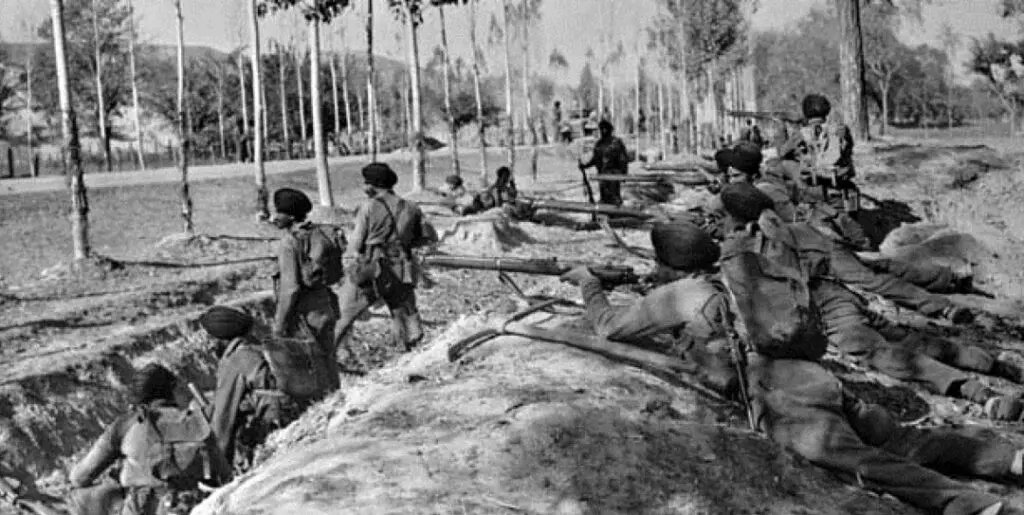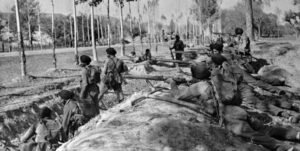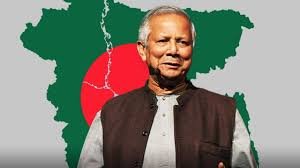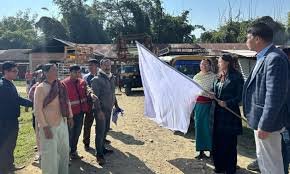In a major retaliation to the ghastly terror attack carried out by Pak-sponsored terrorists in Pahalgam that resulted in the death of 26 Indian civilians, India initiated a substantial operation, Operation Sindoor, aimed at nine terrorist camps in Pakistan and Pakistan-occupied Kashmir (POK).
The attacks, which lasted just 25 minutes, led to the deaths of more than 80 terrorists and were said to have targeted key areas recognized for conducting terrorist training operations. Included in these targets was the location where the Mumbai terror attacks of 26/11 were planned.
This recent military operation underscores the tumultuous history of hostilities between India and Pakistan, a relationship formed by numerous violent clashes and border disputes since their independence in 1947.
The disputed region of Jammu and Kashmir remains the friction point of the conflict between the two neighboring nations, though, time and again Pakistan has tried several evil methods to enforce its illegal occupation on the region. India has time and again given befitting reply to Pak’s nefarious intentions.
Indo-Pak War Of 1947
The first significant conflict took place in 1947, shortly following the division of India and Pakistan. The war, referred to as the First Kashmir War, began when tribal militias supported by Pakistan invaded Jammu and Kashmir, leading India to deploy troops to protect the area. The conflict continued until 1949, when a ceasefire facilitated by the UN was established, leading to the division of Kashmir along the Line of Control (LoC), which still serves as the effective boundary between the two nations in the area.
1965 India-Pak War
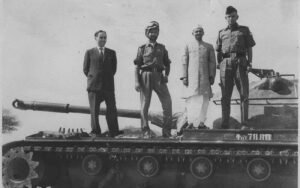
The war in 1965 between India and Pakistan was the second war over the status of Jammu and Kashmir. Pakistan initiated Operation Gibraltar to send in disguised forces and insurgents into Kashmir to incite revolts. India launched a comprehensive military assault, resulting in significant losses for both parties. Pakistan’s effort to capture Kashmir failed, resulting in a stalemate during the second India-Pakistan War.
1971 Bangla Liberation War
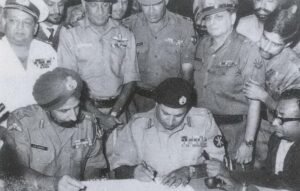
The 1971 war between India and Pakistan, referred to as the Bangladesh Liberation War, led to the establishment of the sovereign nation of Bangladesh from the previous East Pakistan. The war represented the culmination of the 1971 Bangladesh independence struggle and was a significant triumph for India. This conflict also witnessed major naval and air actions by India, including strikes on Karachi harbor by the Indian Navy.
Kargil War of 1996

The Kargil War of 1999 was among the most intense battles in modern history. Pakistani troops, accompanied by militants, penetrated elevated summits in Kargil, Jammu and Kashmir. India initiated Operation Vijay to recover the land. Following intense conflicts in challenging mountainous terrain, India reclaim most of the land by July 26, a date now commemorated as Kargil Vijay Diwas. The conflict concluded with heavy losses on both sides, raising alarm within the international community regarding the risk of nuclear escalation.
2016 Surgical Strikes
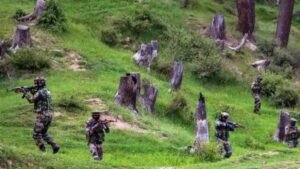
In September 2016, after the lethal terrorist attack on an Indian Army facility in Uri, Jammu and Kashmir, India carried out a surgical strike on terrorist camps in POK. This secret mission aimed at various launch sites utilized by terrorists to enter India, resulting in considerable losses among the militants. This operation signified a new stage in India’s strategy for counter-terrorism in the area, emphasizing preemptive strikes.
2019 Balakot Strikes
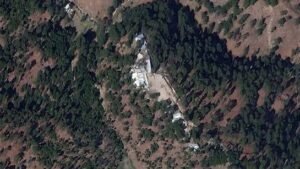
The 2019 Pulwama attack, which claimed the lives of 40 CRPF personnel, signified yet another episode in the India-Pakistan dispute. In response, India carried out airstrikes on a Jaish-e-Mohammed (JeM) facility in Balakot, Pakistan, representing the first aerial attack of its kind since the 1971 conflict. The attacks aimed at terrorist training sites deep within Pakistani territory were viewed as a daring reaction to the increasing militant danger.


